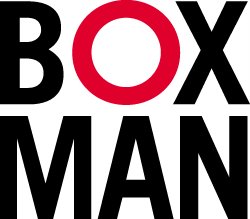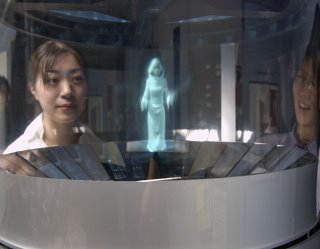
Porncast - It had to happen, a new media opportunity opens up and the adult entertainment industry jumps right in.
According to Wired columnist Gina Linn there is a small community of people making audio erotica recordings on MP3, and video is starting to appear on aggregators of podcast content including Odeo.
Major players like Penthouse, Private and Playboy made thumbnail-sized picture collections available to capitalise on the iPods photo viewing feature.
Easier to conceal in a school bag or briefcase and less likely to be found than a magazine stash under your bed, porncasts offer descrete consumption on the go. See also Podnography.
According to Wired columnist Gina Linn there is a small community of people making audio erotica recordings on MP3, and video is starting to appear on aggregators of podcast content including Odeo.
Major players like Penthouse, Private and Playboy made thumbnail-sized picture collections available to capitalise on the iPods photo viewing feature.
Easier to conceal in a school bag or briefcase and less likely to be found than a magazine stash under your bed, porncasts offer descrete consumption on the go. See also Podnography.



















